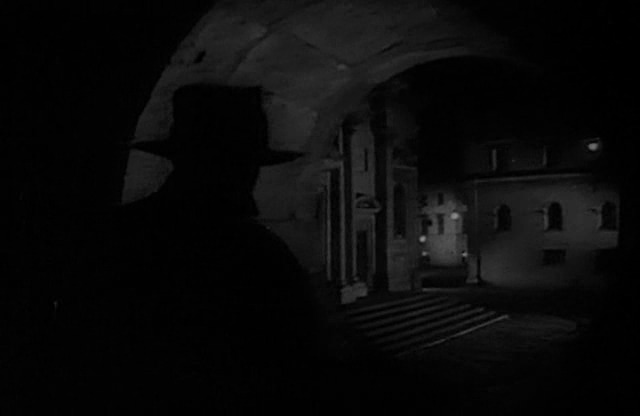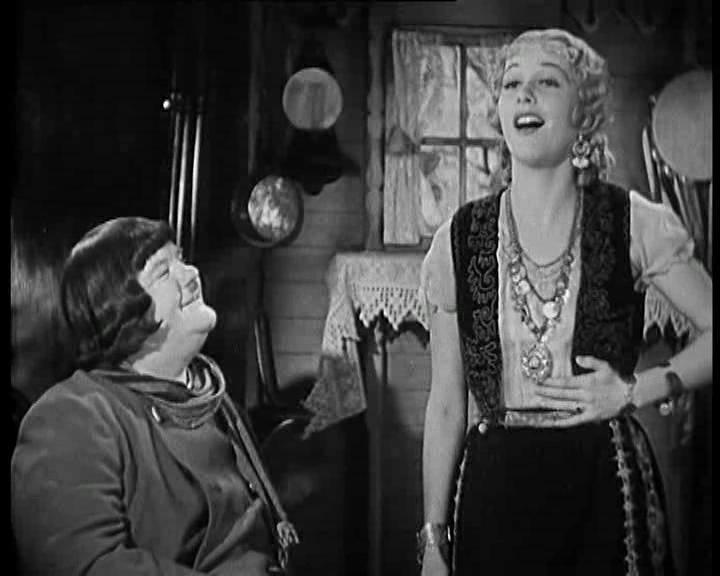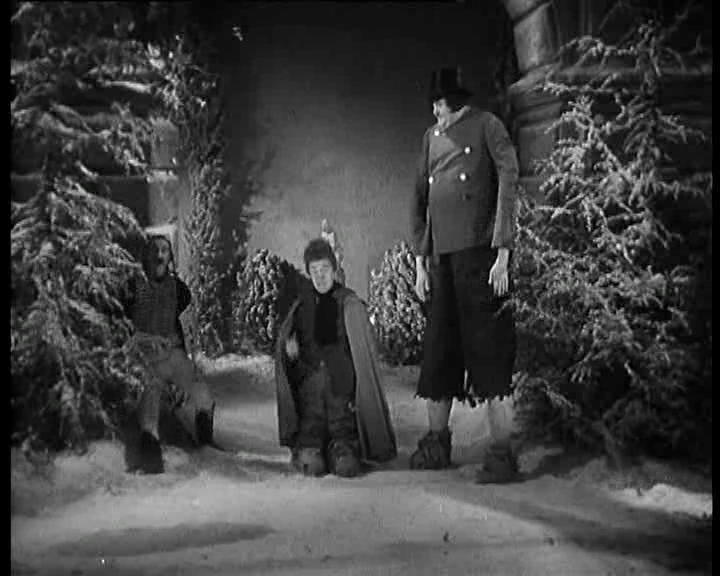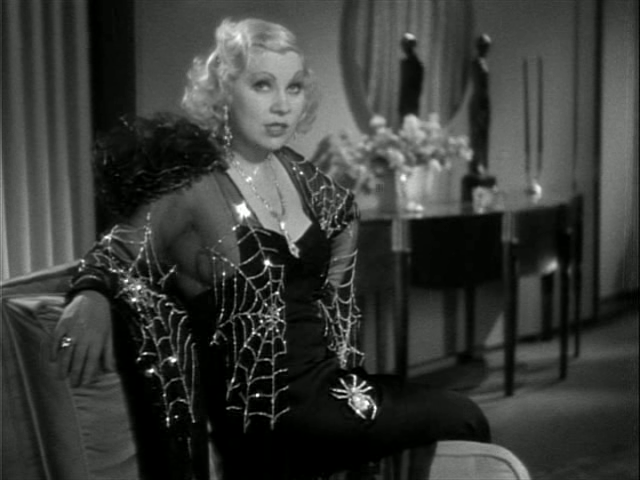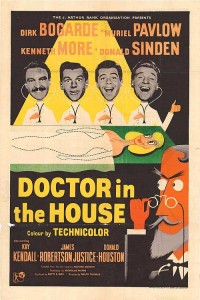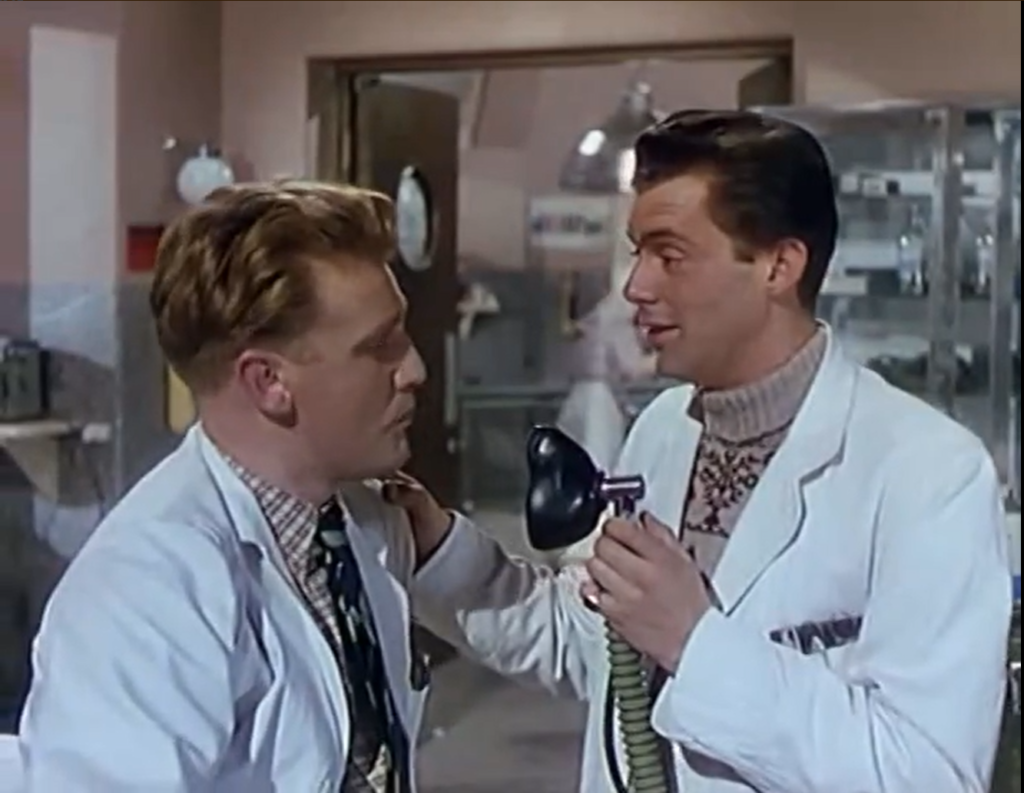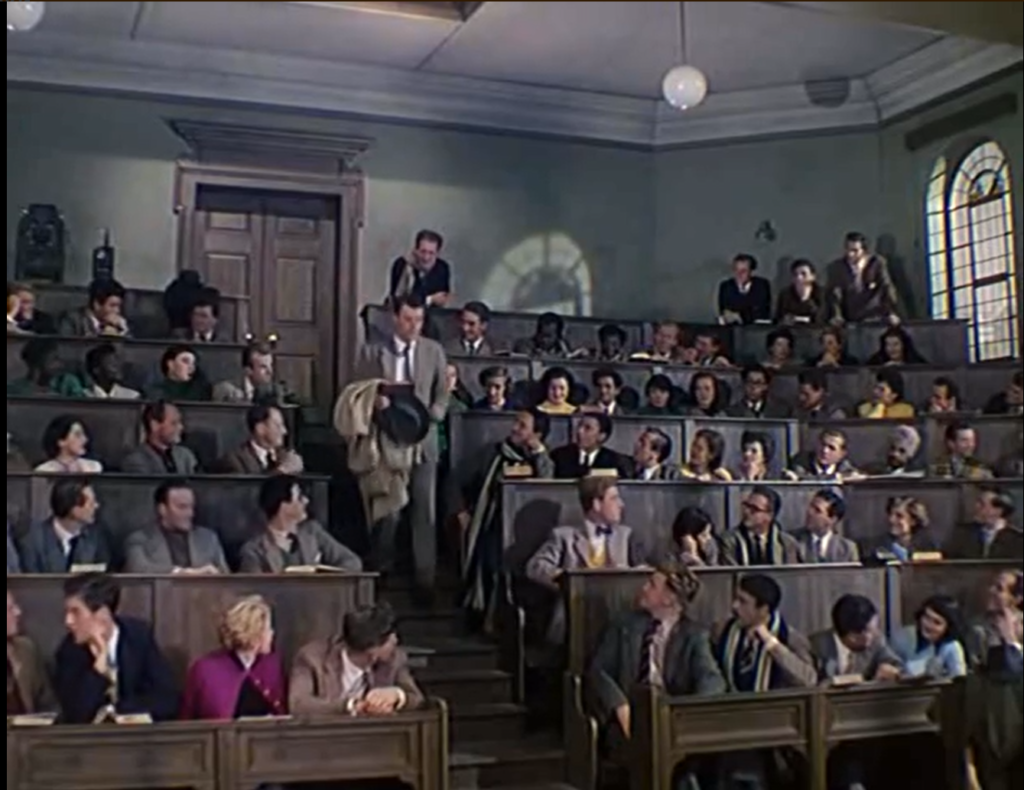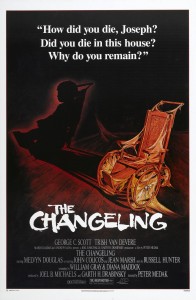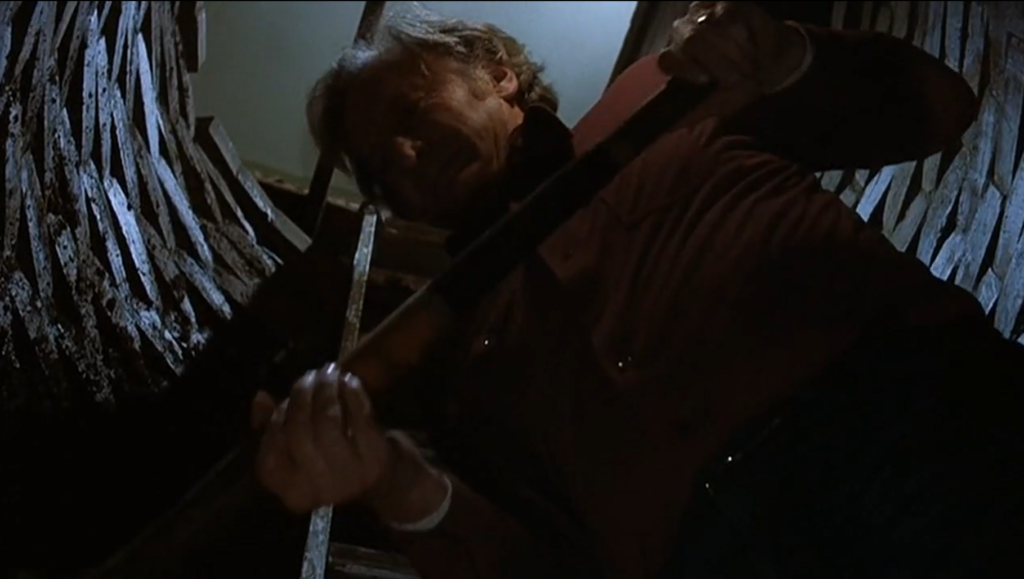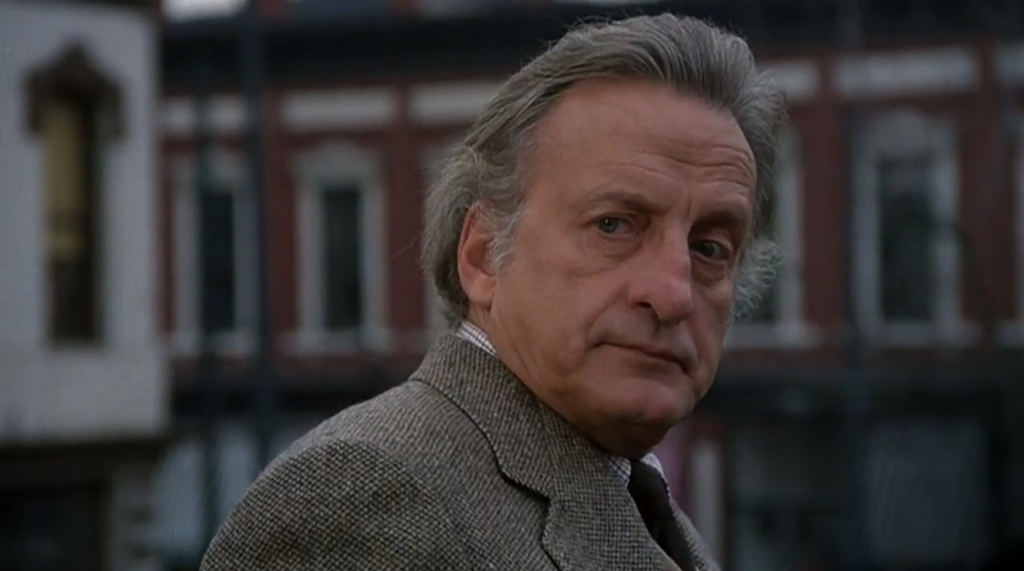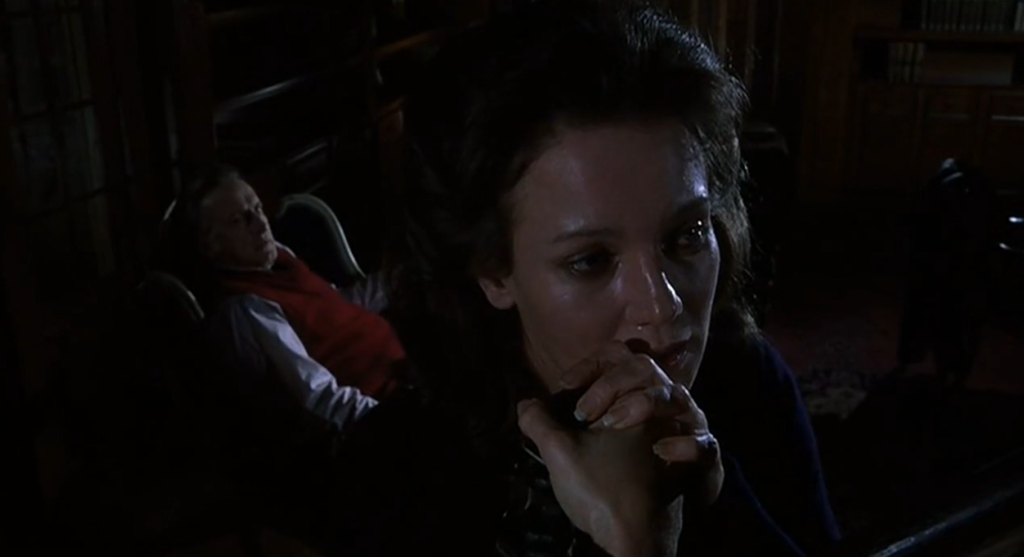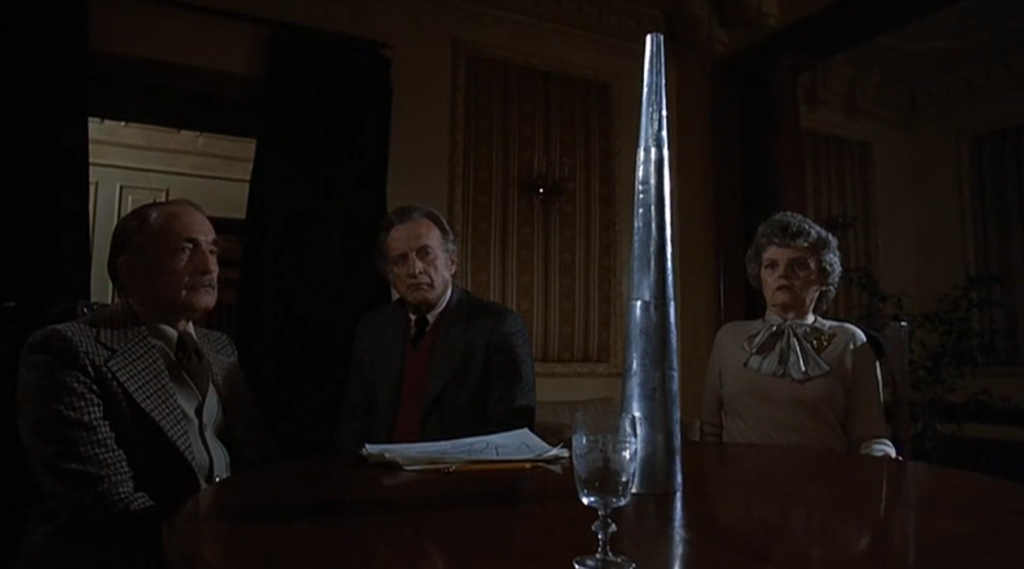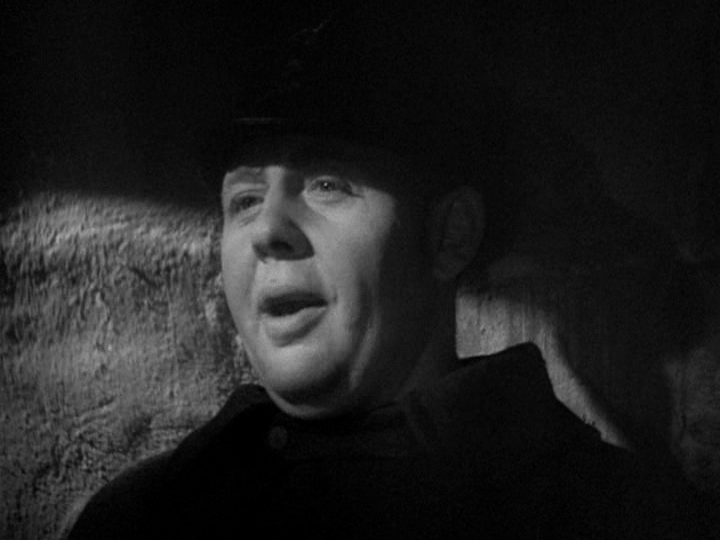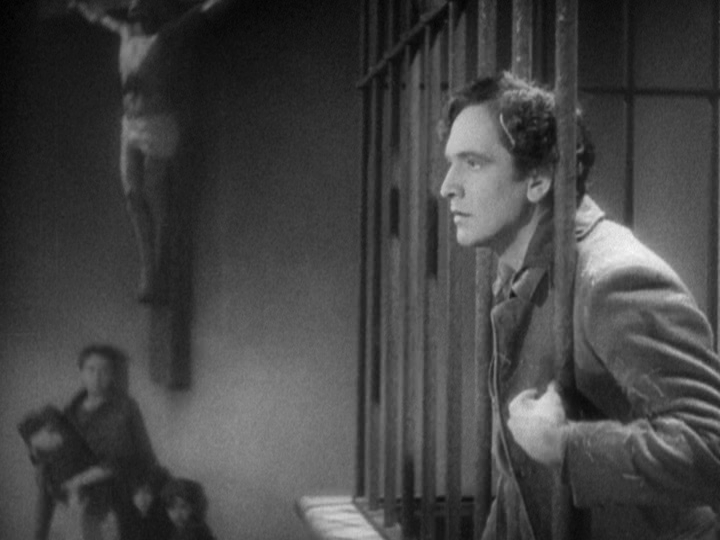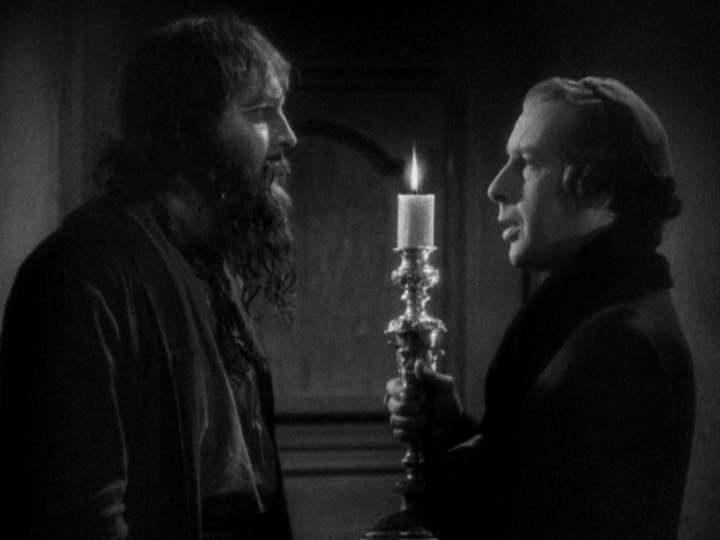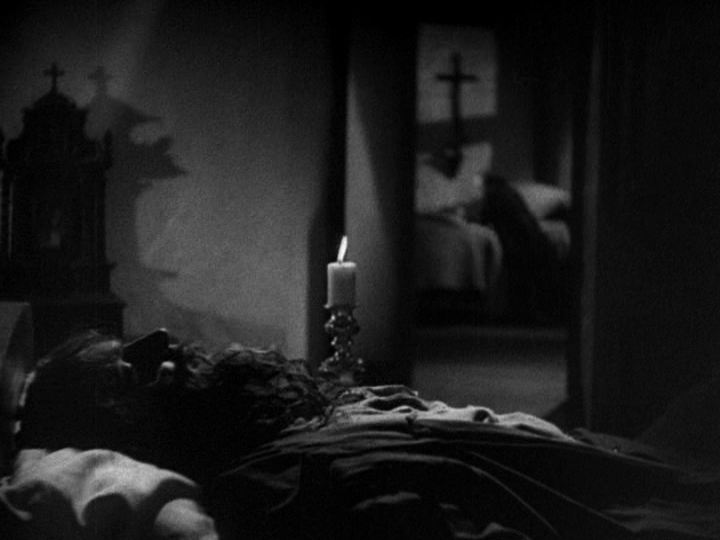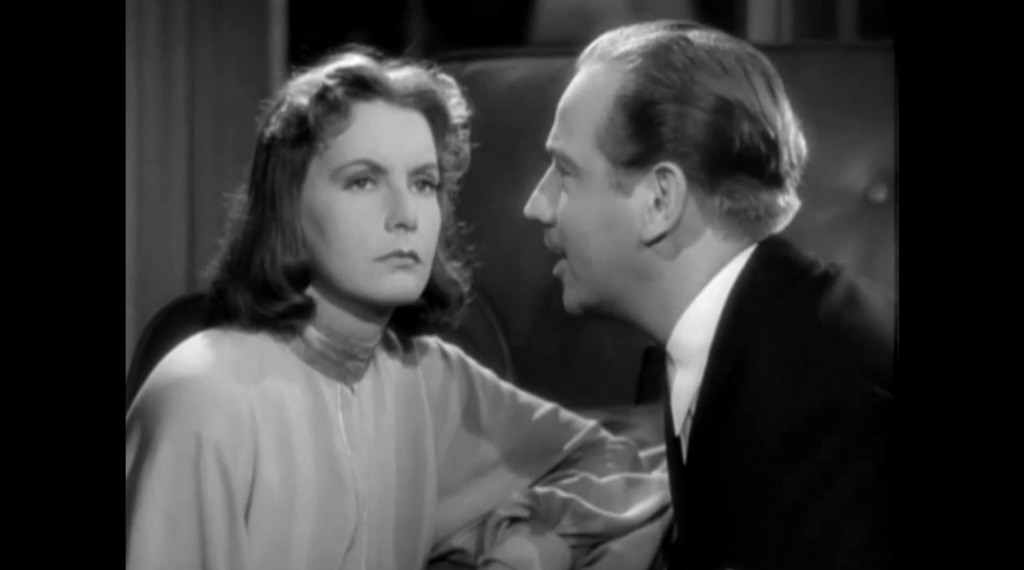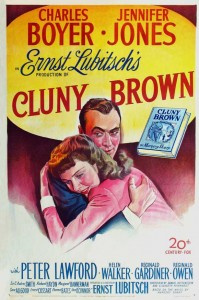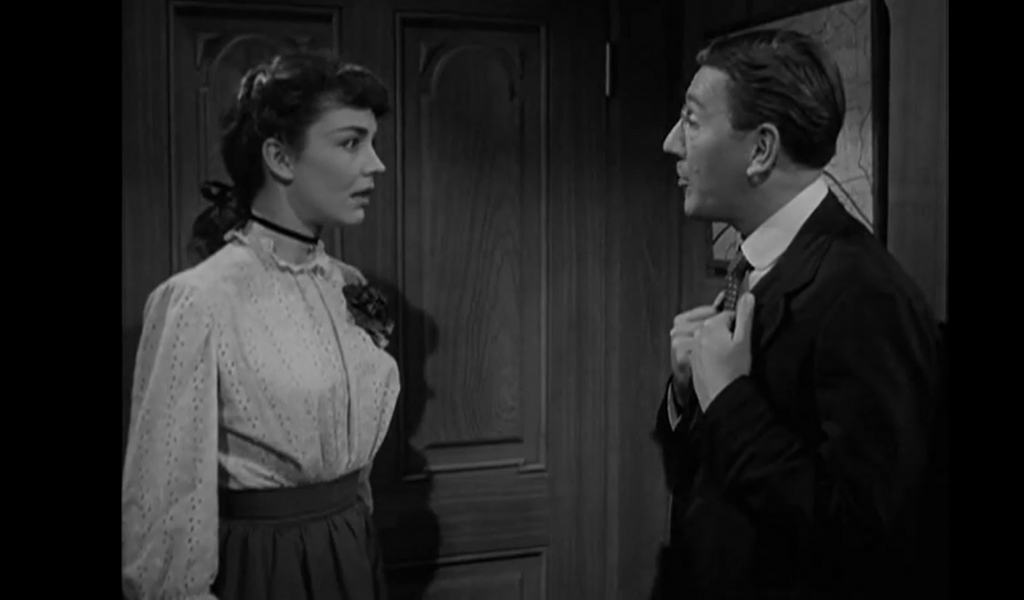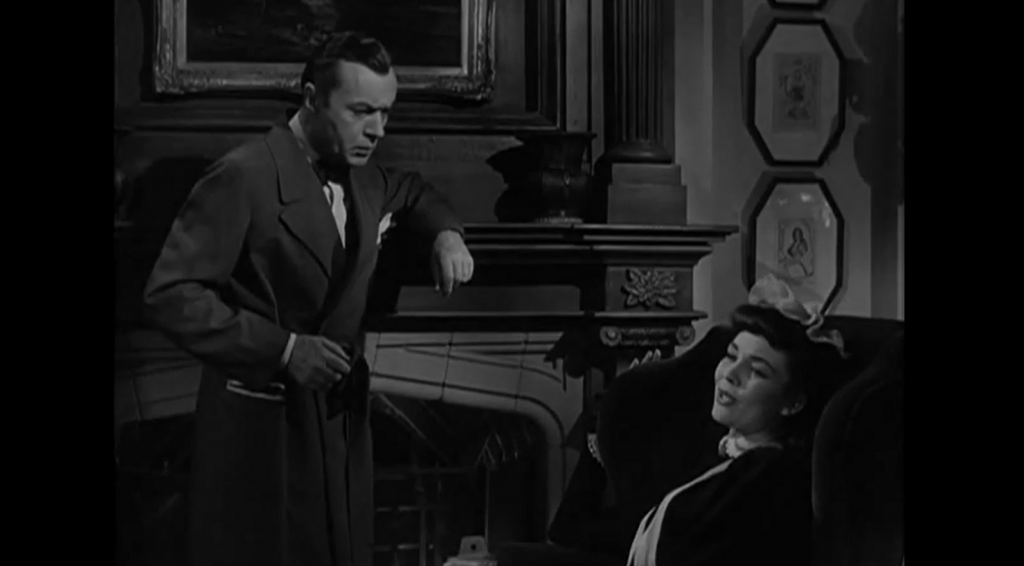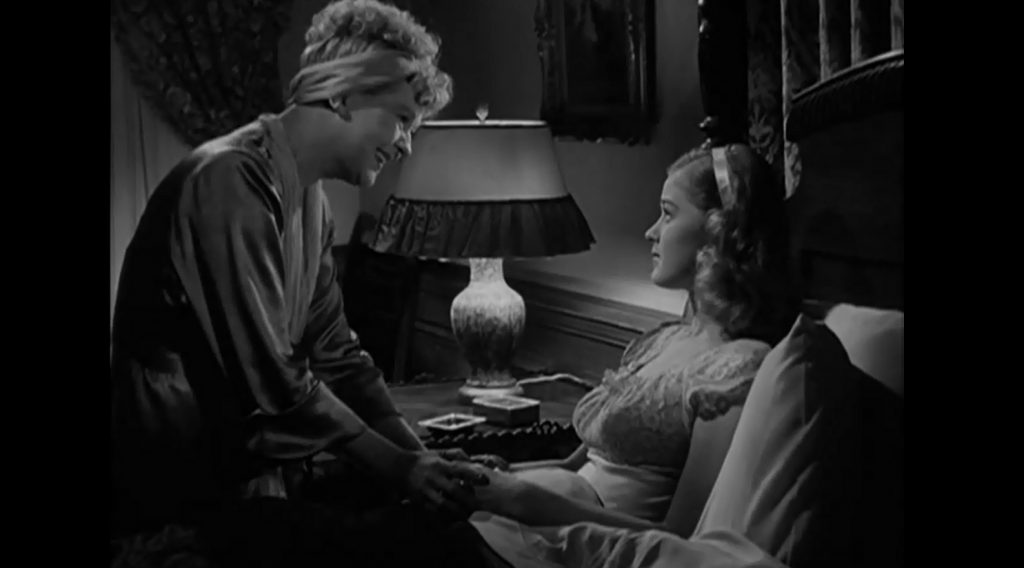|
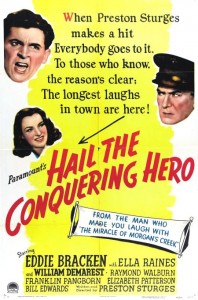
Synopsis:
A would-be Marine (Eddie Bracken) discharged with hayfever meets a group of veteran Marines who convince him to tell his mother (Georgia Caine) he was wounded in battle. Soon Woodrow (Bracken) finds himself nominated for mayor of his hometown, much to the dismay of the current mayor (Raymond Walburn), who hopes to be re-elected; meanwhile, Woodrow’s former fiancee (Ella Raines) tries to get up the courage to let Woodrow know she’s now engaged to Walburn’s son (Bill Edwards).
|
|
Genres, Themes, Actors, and Directors:
- Comedy
- Ella Raines Films
- Living Nightmare
- Mistaken or Hidden Identities
- Naïve Public
- Preston Sturges Films
- Small Town America
- Veterans
Response to Peary’s Review:
Peary notes that this “frantically paced satire” is “skillfully directed in the usual … manner” by writer/director Preston Sturges, with “confused, fast-talking, philosophical characters zip[ping] in and out of the crowded frame, fighting for space to stand in and time to say their two cents’ worth”. However, he argues that while “there are funny scenes and moments”, overall he “finds the script pretty weak, like Capra at his phoniest and corniest”, and points out that “the naive, easily fooled and manipulated common folk have counterparts in Meet John Doe” (which neither of us much likes). He accurately notes that “the most interesting aspect [of the film] is that in 1944 Sturges dared and got away with satirizing Momism, patriotism, politicians and the political process, honor, the military (imagine Marines pulling a hoax to influence an election!), hero worship, and the ingenuous American public”.
While I agree with the gist of Peary’s sentiments, I’m impressed enough by Sturges’ astonishing ability to get away with so many pointed satirical barbs that I ultimately disagree with Peary’s assertion about the script being “weak”. Though the film made me uncomfortable at times (it’s truly relentlessly paced), there were enough clever moments and humorous performances to keep me fully engaged throughout. Freddie Steele gives a particularly focused (and quietly hilarious) performance as a ferociously mother-loving Marine, and Franklin Pangborn (perfectly cast as the reception organizer) simply steals the scene whenever he’s on screen (which is refreshingly often). Meanwhile, Bracken is note-perfect in the lead role; one can’t help empathizing with his plight from the get-go.
Redeeming Qualities and Moments:
- Eddie Bracken as Woodrow Truesmith
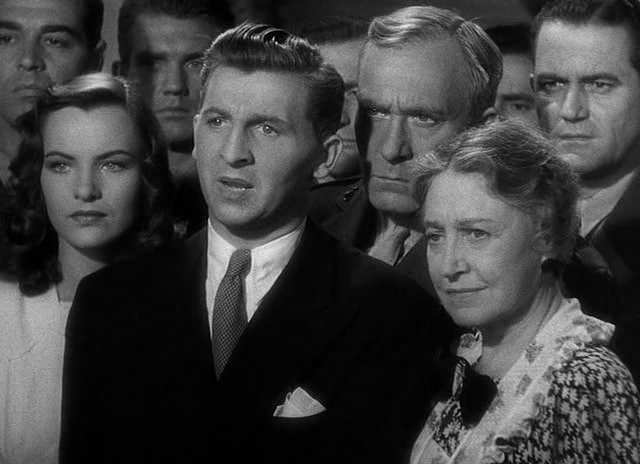
- Franklin Pangborn as the Reception Committee Chairman
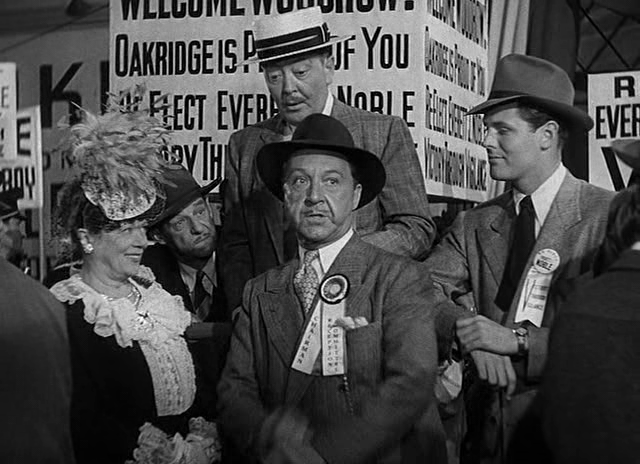
- Freddie Steele as mother-loving Bugsy
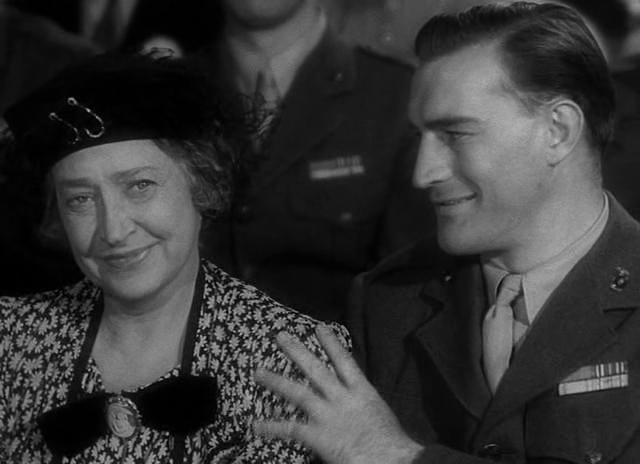
- William Demarest as Sgt. Heppelfinger
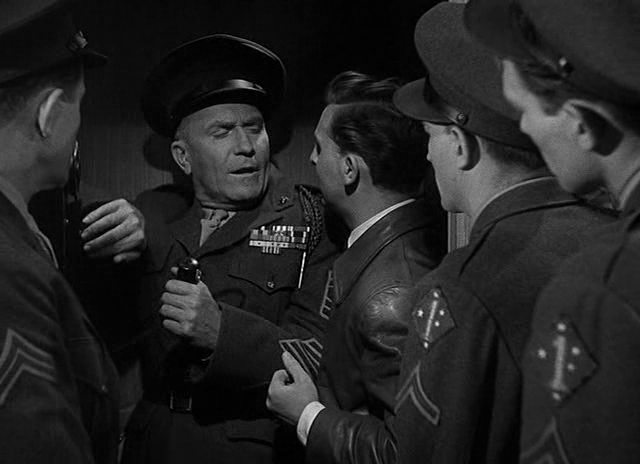
- Raymond Walburn as weaselly Mayor Noble
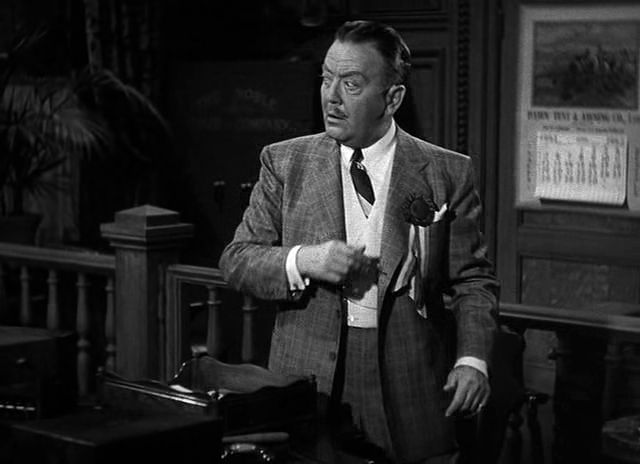
- Sturges’ boldly satirical screenplay
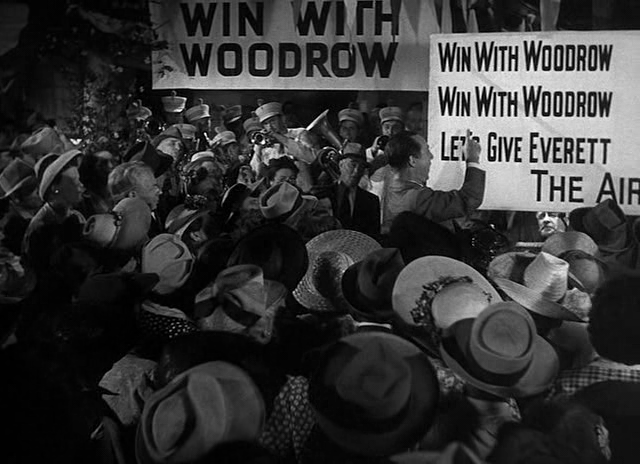
Must See?
Yes, as one of Sturges’ many enjoyable satiric comedies.
Categories
Links:
|








